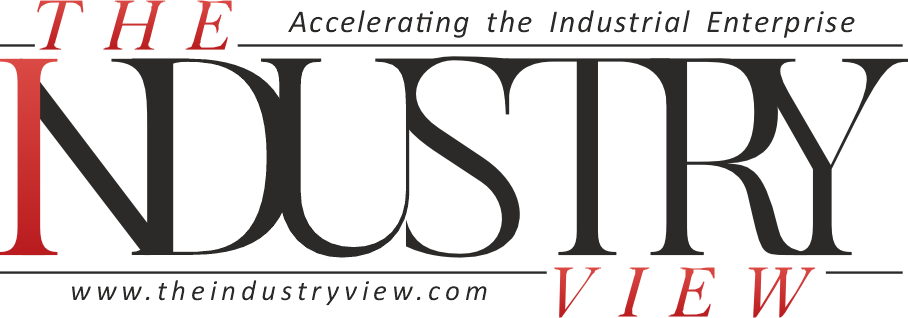The U.S. financial exchange has been energizing to begin 2023, ripping at back a major lump of the difficult misfortunes from a year prior. The Federal Reserve’s tone has been linked to the belief that it will need to cut interest rates this year to avoid a recession, reversing one of its most rapid rate-raising campaigns ever.
That outcome has been predicted by doomsday investors, including hedge fund billionaire Paul Singer. After a period of near-zero interest rates, Singer is of the opinion that a severe credit crunch and recession may be required to eliminate dangerous levels of froth from the markets.
Current State of the US Economy
Another scenario in which little changes could occur. Credit markets could endure financing costs that won before 2008. The Fed’s policy rate could rise slightly from its current range of 4.75 percent to 5 percent and remain there for some time.
In a telephone interview with MarketWatch, managing director and U.S. portfolio strategist Ben Snider of Goldman Sachs Asset Management stated, “A 5% interest rate is not going to break the market.”
Snider pointed to a lot of highly rated businesses that, like the majority of homeowners in the United States, refinanced old debt during the pandemic, bringing their borrowing costs down to levels that are close to record lows.
On Friday, Fed the Governor Christopher Waller given an advisory that in order to slow down the rise in the cost of existence, that was lately reflected in the March consumer price index, which is rising at a rate of 5% per year, the Fed should consider increasing interest rates, down to the 2% annual target set by the central bank, interest rates may need to rise even more than what the market currently anticipates.
In 2022, stock and bond portfolios suffered severe losses as a result of the sudden rise in interest rates. After selling “safe,” but rate-sensitive securities at a steep loss, Silicon Valley Bank collapsed last month due in part to higher rates. That sparked worries about potential credit crunch and banking system risks in the United States.
| Read More news: Click here |

